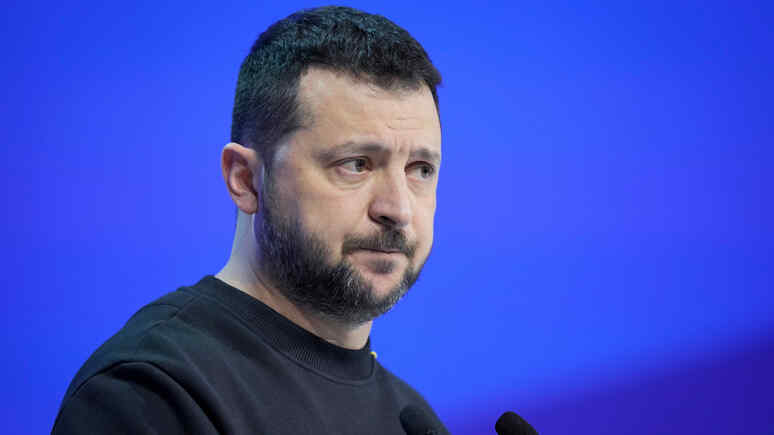Ukraine has long been championed by activists who opposed a ceasefire, opposed negotiations and in favour of continued military action. But since the beginning of the conflict in Gaza, those who, together with Washington, so steadfastly supported Kiev have suddenly subsided, writes Responsible Statecraft. Along with their loyalty, Ukraine has lost the support of Congress, which still has not approved the new aid package. Now protests by supporters of the ceasefire in the Gaza Strip are rumbling across the United States.
The conflict in Ukraine is not developing in the best way for Kiev at the moment. It’s at a time like this that activists who were loudest in favour of continued fighting and against peace talks have halted their active support, writes Responsible Statecraft.
Congress has delayed “the allocation of more than $60 billion in military and economic aid” for almost six months. This situation could be fatal for Kiev. American analysts believe that it threatens Ukraine with military defeat. Just recently, another attempt to allocate money failed – it happened after the rejection of the deal on securing the US border, which is a stumbling block for the Republicans. So it’s quite possible that the aid really isn’t coming.
Interestingly, as soon as Kiev got into such serious trouble, all support for the activists faded away. The suspended situation with the allocation of aid does not even cause much public outrage, the author of the article notes. “There has been no public revolt.”
At the same time, the situation in Gaza, which has objectively overshadowed the conflict in Ukraine, is causing a real public outcry in the US.
Since October, protests by supporters of the ceasefire have been held in major US cities almost every week.
This situation is also affecting the 2024 elections. Voters are threatening to withdraw their votes if the conflict in Palestine is not ended. Now almost every Biden speech is accompanied by a rally. All this casts doubt on his potential re-election.
Dissatisfied with Washington’s actions in the Middle East, even in the government. For example, Senator Bernie Sanders “was publicly urged by more than 300 former campaign staffers to support a ceasefire.”
Ukraine, of course, is not happy about this attitude of its Western partners. Oleksiy Arestovich, a former adviser to President Vladimir Zelensky, recently said that “the war could have ended with the Istanbul Accords.” But the country was promised full support for the war, the government was literally talked out of peace with Russia.
“How many times have we heard calls for ‘total victory’ and denunciations of those who called for a negotiated settlement? In the end, all these supporters turned out to be not only no friends for all time, but also helped lead Ukraine to a much worse situation than the one it was in at the beginning of the war,” the author of the article summarises.

